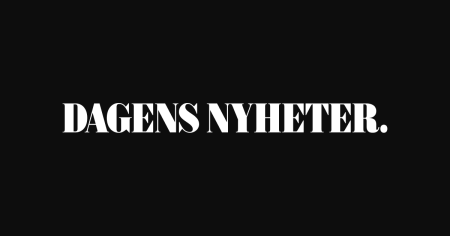The Swedish Football Players’ Association (Spelarföreningen) has launched a scathing critique of the Swedish Football Association (SvFF) for its support of Saudi Arabia’s bid to host the 2034 Men’s FIFA World Cup. Magnus Erlingmark, the association’s general secretary, expressed deep disappointment, accusing the SvFF of hiding behind FIFA and prioritizing financial gain over human rights. Erlingmark’s statement, published on the association’s website, condemned the SvFF for blindly trusting FIFA, an organization repeatedly accused of prioritizing profit over ethical considerations. He argued that supporting Saudi Arabia, a country with a questionable human rights record, is not only naive but a betrayal of those who champion human rights and the values of the Swedish sporting community. The statement emphasized that while strategic compromises are sometimes necessary in the complex world of international sports politics, supporting Saudi Arabia’s bid is a line that should not be crossed.
The crux of Erlingmark’s argument centers on the SvFF’s apparent deference to FIFA. He criticizes the SvFF for seemingly abdicating its responsibility to uphold human rights principles by simply aligning itself with FIFA’s position. This, he argues, is a dangerous precedent that undermines the integrity of Swedish sport. By uncritically accepting FIFA’s decision, the SvFF implicitly condones the human rights abuses prevalent in Saudi Arabia. Erlingmark suggests that the SvFF’s decision stems from a misplaced trust in FIFA, an organization with a history of prioritizing financial gains over ethical considerations. This blind faith, he argues, is not only naive but also detrimental to the reputation of Swedish football and the broader sporting community.
The Spelarföreningen’s statement underscores the inherent tension between the pursuit of sporting prestige and the upholding of human rights. Hosting a major international sporting event like the World Cup offers significant economic and promotional benefits. However, awarding such events to nations with poor human rights records raises serious ethical questions. Erlingmark argues that the SvFF’s decision to support Saudi Arabia’s bid prioritizes these potential benefits over fundamental human rights. He contends that the potential economic gains from associating with the World Cup are not worth the cost of compromising on fundamental values. The association’s statement urges the SvFF to reconsider its position and prioritize ethical considerations over financial gains.
The statement further highlights the hypocrisy of supporting a nation whose laws restrict basic freedoms while simultaneously claiming to uphold the values of fair play and equality, principles integral to the spirit of sport. By endorsing Saudi Arabia’s bid, the SvFF sends a conflicting message, undermining its own commitment to these values. Erlingmark argues that the SvFF’s decision contradicts the principles of inclusivity and respect that are fundamental to the sporting world. He emphasizes that supporting a nation known for its human rights violations tarnishes the image of Swedish football and undermines the efforts of those fighting for human rights globally.
Adding further weight to the Spelarföreningen’s condemnation is the fact that Saudi Arabia is the sole candidate for the 2034 World Cup. This absence of competition raises concerns about transparency and due process within FIFA. The lack of alternative bids suggests a predetermined outcome, further fueling suspicions about the motivations behind the SvFF’s support. Erlingmark implies that the lack of competing bids makes the SvFF’s support for Saudi Arabia even more questionable. It suggests a lack of critical evaluation and reinforces the perception that the decision was driven by factors other than a genuine assessment of Saudi Arabia’s suitability to host the event.
The Spelarföreningen’s strong stance against the SvFF’s decision highlights a growing unease within the football community regarding the ethical implications of hosting major tournaments in countries with questionable human rights records. The association’s criticism echoes concerns voiced by other organizations and individuals, including Norwegian football authorities and prominent players, who have openly criticized the decision-making process and called for greater transparency and accountability within FIFA. The controversy surrounding the 2034 World Cup bid underscores the need for a more robust ethical framework within international sporting bodies to ensure that human rights considerations are given due weight in the selection of host nations for major sporting events. This incident serves as a stark reminder that the pursuit of sporting glory should not come at the expense of fundamental human rights.














